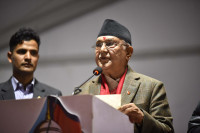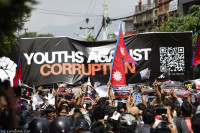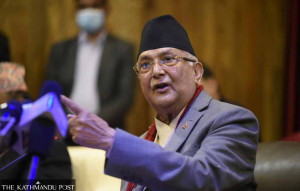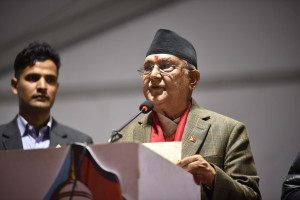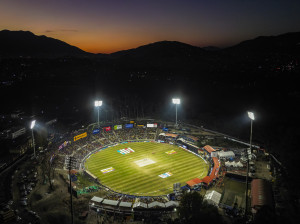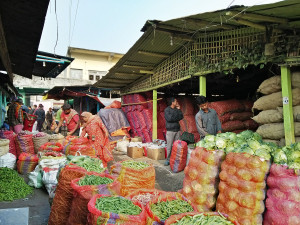Editorial
Garbage in, garbage out
The ban on plastic bags is well-intentioned, but it is enforcement that matters.
Unsurprisingly, the Nepal Plastic Manufacturer’s Association (NPMA) filed a writ against the move at the Supreme Court, which the apex court dismissed on Tuesday, clearing the legal ground for the implementation of the ban.
Though manufacturers and retailers might take a hit, at least in the short term, the ban on plastic bags, especially thin ones, is a good thing. Plastic bags are non-biodegradable and unseemly to look at. They also clog drains, sewers, and waterways, and are ingested by birds and animals, often leading to death. India’s 2002 ban was partly due to plastic bags being consumed by cows. Plastic bags are also a pain to recycle. Even when disposed of properly, they can take years to decompose. The thinner the plastic bags, the worse they are. Such bags cannot be reused since they tear easily. These smaller pieces can get mixed into the soil, degrading its quality and also find their way easier into the gullets of fauna.
While the environmental consequences of plastic bags have been widely documented and publicised too, phase-outs have faced opposition from manufacturers. The Baburam Bhattarai government had earlier pledged to them in 2012, but the plan was scrapped after the Supreme Court issued a stay order on a writ filed by the same NPMA. Thankfully, some major supermarkets like Bhatbhateni, in the city have also attempted to wean consumers away from plastic bags, instituting a charge on every bag and offering for purchase a reusable cloth bag as an alternative.
The proof of the pudding, as they say, is in the eating. Well-intentioned programmes like the planned ban on plastic bags are a paisa a dozen in Nepal.
Take, for example, the ban on smoking in public places, endorsed by Parliament through the Tobacco Control and Regulatory Act in 2011. This ban has been all but forgotten. But it is not as if the authorities are unable to enforce regulations if they have a mind to it. The anti-drunk driving MaPaSe campaign has been a massive success. The ban on plastic bags must be approached similarly—with strong political will for enforcement and hefty fines for violators. When you take into account that 10 percent of Kathmandu’s garbage is said to be made up for plastic bags, you realise the cost of proper disposal. Economics aside, cleaning the city of the ubiquitous bags will pay enormous dividends in its fast deteriorating quality of life.




 8.12°C Kathmandu
8.12°C Kathmandu